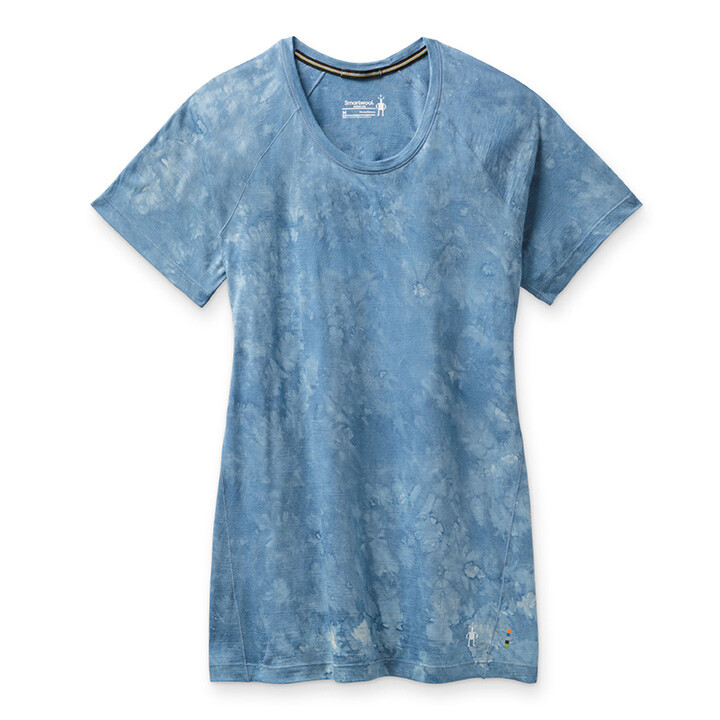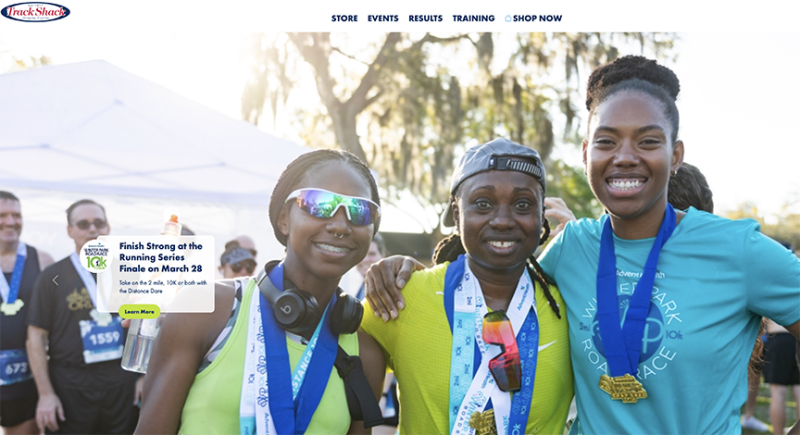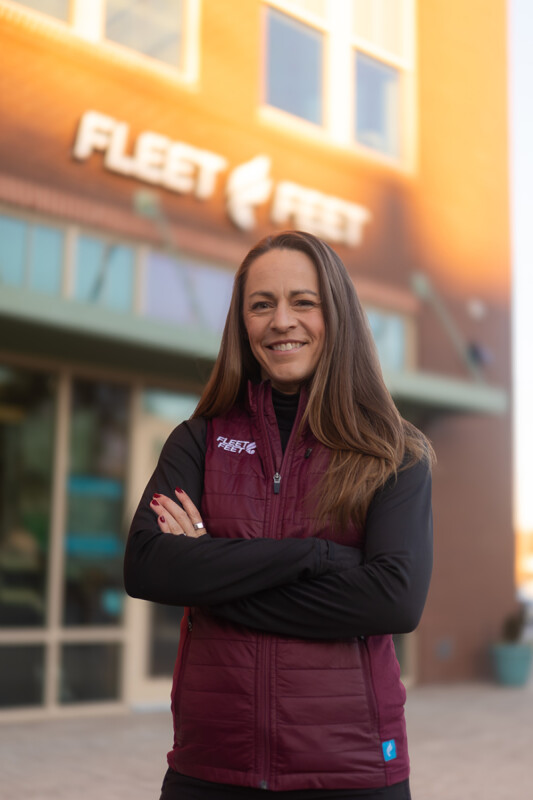Long at the forefront of sustainability and animal welfare efforts, Smartwool continues to up its game with a number of eco-initiatives. The latest effort focuses on actively investing in regenerative agriculture and other natural climate solutions through ZQRX, a 100 percent regenerative wool platform that was launched earlier this year.
The New Zealand Merino Company (NZM), together with the Smartwool, Allbirds and Icebreaker brands, are putting aside competitive interests to work collectively with 167 sheep growers to create the world’s first regenerative wool platform that represents 2.4 million acres in New Zealand. With regenerative farming practices representing an effective means of sequestering carbon, the ZQRX framework offers a considerable opportunity to mitigate climate change.
All four parties are doing their part to address the impact of the global fashion industry, which is responsible for 10 percent of annual greenhouse gas emissions worldwide. The three brands together represent more than four million pounds of wool. (Smartwool and Icebreaker helped establish the original ZQ platform 13 years ago.)
Smartwool’s other sustainability programs include partnering with parent company VF Corp. to work with manufacturers to reduce their emissions and optimize logistics; engaging consumers on best practices to wear more, wash less; weeding out synthetic materials wherever possible and moving towards responsible, renewable-based alternatives; and product circularity, which calls for keeping materials and products in use for as long as possible. The company also plans to announce other sustainability programs later in April.
On the product side, this month Smartwool is re-launching its hiking sock line that now incorporates recycled nylon. In the running category, all socks are made with ZQ-Certified Merino wool.
“We’re incorporating recycled nylon into our ultralight jackets and recycled polyester into our Merino sport shorts,” explains Maggie Meisinger, Smartwool’s manager of strategic communications, who also reports that all of the brand’s socks are made with ZQ-Certified Merino wool, all shorts and ultralight jackets utilize 100 percent sustainable fabrics with recycled content and ZQ-Certified Merino wool, and all Merino Sport 150 tops and beanies are 100 percent sustainable materials with ZQ-Certified Merino and recycled content.
From fleeces to Smartloft insulation, Smartwool uses recycled fabrics whenever possible. In addition to recycled wool, the brand has started to feature recycled nylon and poly in its Merino Sport apparel. It accomplishes this by working with its partners to create facilities and processes that allow for the use of recycled wool and even opens up the process so that other brands can use recycled fabric and materials, too.
Reclaimed wool fibers and high-quality Merino 250 scraps are collected, deconstructed and turned into new recycled fabric for fleece and reclaimed insulation Ñ and the resulting garments perform just as well (and in some cases better) than traditionally made apparel. The company also points out that one of the biggest environmental impacts of wool comes from the methane released by the sheep growing it. Taking wool that already exists and reusing it helps to reduce CO2 emissions.
Meisinger believes that the two main challenges of designing and producing sustainable products are maintaining product durability and being aware of environmental impact. And while there are extra costs involved in obtaining sustainable materials and in using eco-friendly manufacturing processes, “the more companies that take part, the more mainstream it will become,” she says.
These days, notes Meisinger, “consumers are conscious of products they are buying and want to make a positive change in the world and leave it better than they found it. Retailers in all categories are bringing sustainability stories to the forefront. However, sustainability is at the forefront for many consumers and is often expected.”




.jpg.medium.800x800.jpg)

